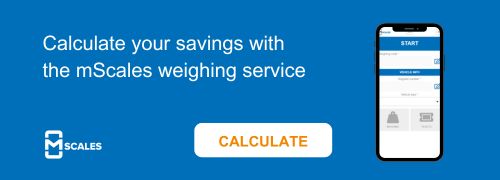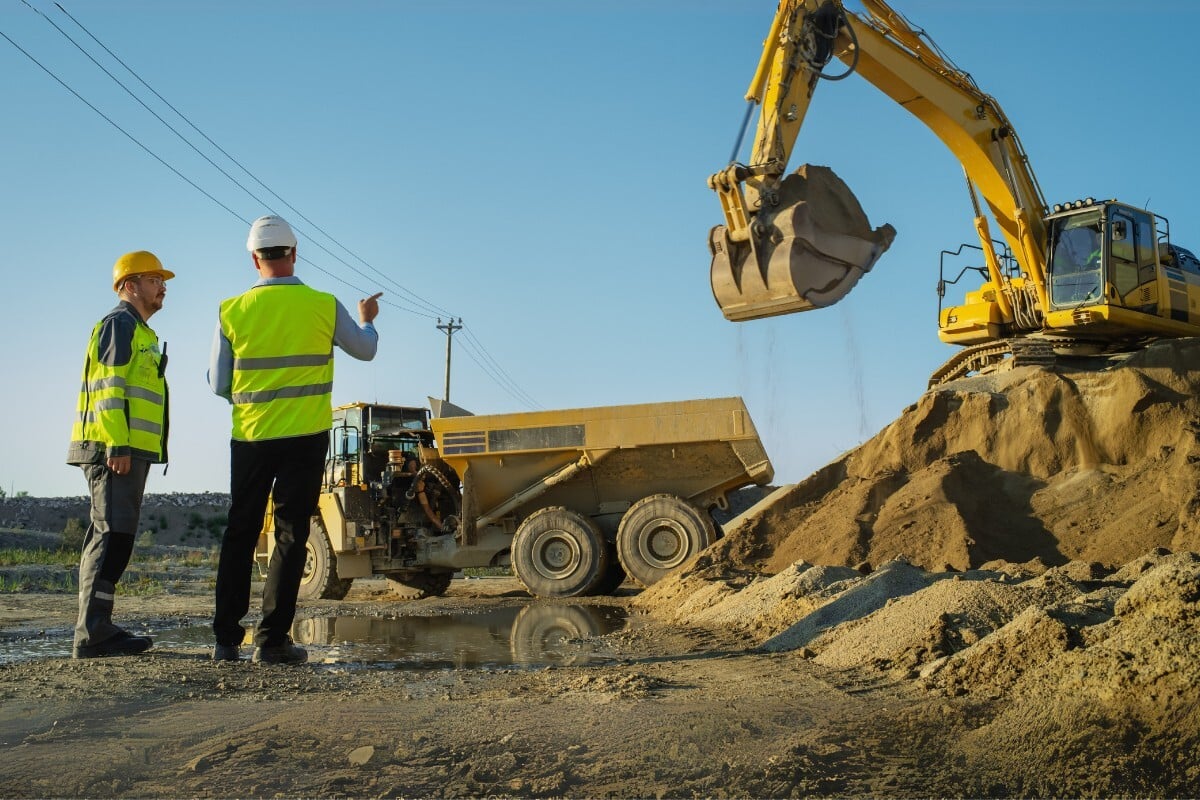Optimize Loading and Unloading Operations with Data-Driven Insights
Logistics scales play a crucial role in industrial operations, tracking the movement of products, raw materials, fuels, and waste through a company’s supply chain. These scales are not just tools for measuring weight—they provide a valuable source of operational data that can be leveraged to improve efficiency, eliminate bottlenecks, and enhance logistics management.
By monitoring unloading and loading times, businesses can gain critical insights into workflow efficiency, enabling them to make data-driven improvements to streamline operations. Whether tracking turnaround times, identifying delays, or optimizing transport schedules, logistics scale monitoring helps companies reduce costs, improve responsiveness, and increase productivity.
Key Questions to Assess Readiness for Logistics Scale Monitoring
Before implementing logistics scale monitoring, consider these essential factors:
- Which logistics scales are currently used, and what data do they collect (e.g., load weights, timestamps)?
- Are there existing processes to track and analyze unloading and loading times, and how accurate are they?
- How frequently are delays or bottlenecks observed in loading and unloading operations?
- Are current systems capable of integrating weighing data into logistics platforms or analytics tools?
- What KPIs (e.g., average loading time, turnaround time) will be used to evaluate process efficiency?
- How will insights from logistics scale monitoring be used to adjust and improve operations?
- Are there additional resources or tools required to enable effective data collection and analysis?
Answering these questions will help businesses develop an effective strategy for optimizing logistics efficiency.

Benefits of Utilizing Logistics Scales for Monitoring
1. Improved Operational Efficiency
- Monitors unloading and loading times to pinpoint bottlenecks and ineffic
- Helps optimize workflow, reducing delays in supply chain processes
2. Data-Driven Insights for Smarter Decisions
- Provides measurable data to support strategic decision-making
- Helps analyze historical trends to identify areas for continuous improvement
3. Enhanced Logistics & Transport Management
- Enables better planning and scheduling of deliveries and pickups
- Optimizes resource allocation, improving fleet utilization and reducing downtime
4. Real-Time Monitoring & Instant Visibility
- Offers real-time tracking of logistics performance
- Provides instant alerts on delays or inefficiencies, allowing for quick corrective actions
5. Cost Savings Through Process Optimization
- Identifies inefficiencies that lead to unnecessary costs (e.g., idle time, fuel waste)
- Helps reduce transport and labor expenses by improving turnaround times
6. Better Decision Support & Forecasting
- Historical logistics data helps companies forecast future demands
- Assists in preparing for peak times and optimizing inventory movement


How mScales Enhances Logistics Scale Monitoring
The mScales digital weighing platform enables businesses to track and analyze weighing data for operational improvements in logistics and supply chain management.
With mScales, businesses can:
- Monitor real-time loading and unloading times to detect inefficiencies
- Integrate weighing data with ERP, logistics, and analytics platforms
- Automate reporting and analysis for enhanced decision-making
- Ensure data accuracy and compliance with industry regulations
- Reduce costs by improving transport scheduling and eliminating waste
By using mScales, companies gain full visibility into logistics performance, helping them optimize material flow and streamline transportation processes.
Discover more: Transfer Weighing Data to a Central Repository and Use Analytics
Start Optimizing Your Logistics Processes with Real-Time Scale Monitoring!
If you're looking to enhance efficiency, reduce costs, and gain actionable logistics insights, now is the time to leverage logistics scale data for process improvement
Book a consultation with an expert: